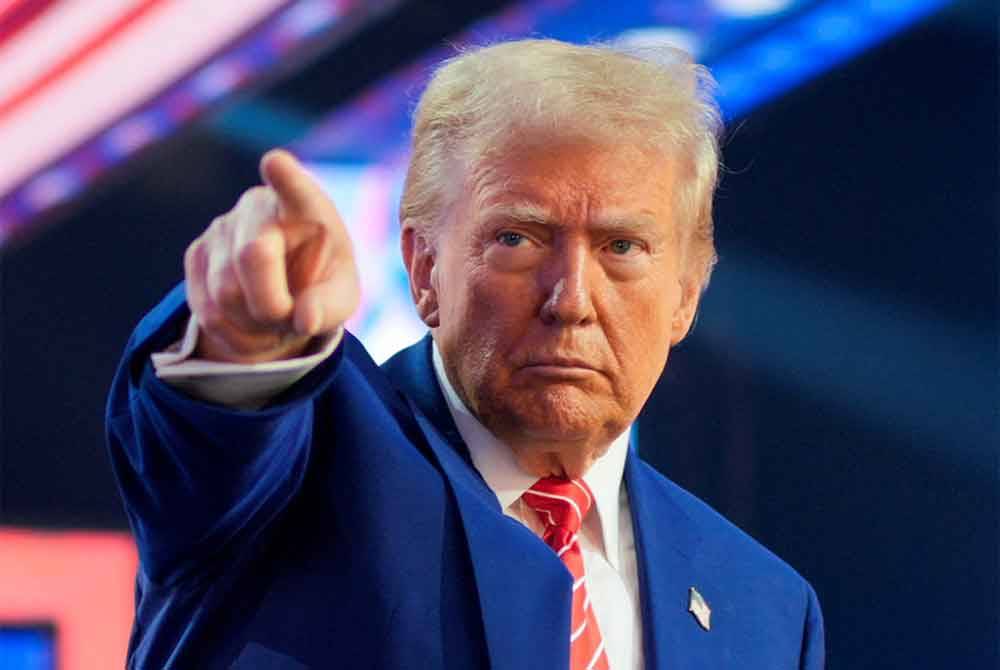SHAH ALAM - As protectionist policies once again shape United States (US) trade dynamics, especially during President Donald Trump’s administration, Malaysia may find it timely to revisit its vision of the East Asian Economic Caucus (EAEC).
Universiti Malaya International and Strategic Studies Department geopolitical expert Associate Professor Dr Roy Anthony Rogers said the EAEC, originally proposed in the mid-1990s, could now provide a valuable framework for strengthening economic resilience across Asia.
He clarified that bringing the initiative back was not a move against the US, but rather a practical response to the changing dynamics of the global landscape.
His remarks followed renewed cooperation between China, Japan and South Korea, in response to tariffs introduced by Trump.
"It is surprising that countries like China, Japan and South Korea – despite their historical tensions, territorial disputes and unresolved issues stemming from World War II – are willing to come together economically.
"However, their cooperation highlights a shared sense of pragmatism in responding to external pressures, particularly the tariff increases imposed by the administration of Trump. In the face of such economic challenges, realism often takes precedence,” he told Sinar Daily.
This, Rogers said, should be a wake-up call for Malaysia and other Asean nations. He believed it was time to deepen economic ties with these East Asian giants.
"Given this context, Malaysia and other Asean nations should consider strengthening their economic ties with these East Asian powers through existing frameworks like Asean Plus Three.
"More ambitiously, it may be time to revive the idea of the EAEC, a Malaysian initiative first proposed in the mid-1990s,” he suggested.
Rogers clarified that any such move should not be misconstrued as a hostile gesture toward Washington.
Instead, it would be a regional strategy to boost intra-Asian trade and cooperation in response to global economic shifts, including rising protectionism from the West.
He emphasised that it was fundamentally about regional economic resilience and survival.
The question of whether Malaysia would face backlash from the US for participating in East Asian economic groupings was one Rogers answered with a clear call for collective action.
"What if Malaysia does consider joining any cooperation that goes against the US's interest like the cooperation of China-Japan-South Korea? This is precisely why the effort should be led collectively by Asean.
"Countries like Singapore, Thailand, Cambodia and Laos are also feeling the impact of US tariff policies. A regional approach offers strength in unity and reduces the perception of any one country acting in opposition to the US.
"For this reason, the term ‘caucus’ is preferable to ‘alliance,’ as the latter often carries military connotations. A name like the Asia-Pacific Caucus (APC) could better reflect the cooperative and non-confrontational nature of such a group,” he proposed.
As for whether Malaysia would ultimately have to align with US policies due to its economic ties and strategic partnership, Rogers firmly believed that Malaysia’s foreign policy tradition offers a clear answer.
He said that the answer lies in Malaysia’s long-standing foreign policy of neutrality.
"Since independence in 1957, Malaysia has managed to maintain a balanced approach – building strong relations with both China and the US.
"The US continues to be one of Malaysia’s top foreign investors and the two nations share common interests in areas such as security, trade and education.
"Rather than choosing sides, Malaysia’s foreign policy emphasises smart partnerships, mutual respect and maintaining independence on the global stage,” he said.


